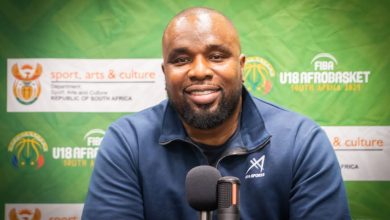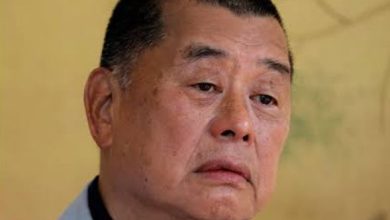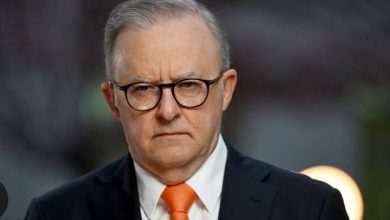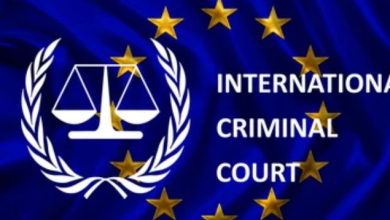Ukraine war: Putin warns again that nuclear risk is rising, though Russia has not gone mad
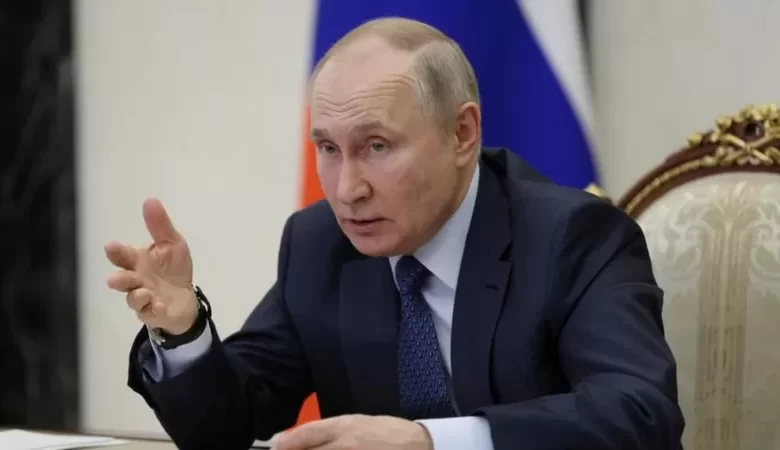
Vladimir Putin has said the threat of a nuclear war was rising, but insisted Russia had not “gone mad” and would not use its nuclear weapons first.
According to BBC report the tough talking Russian president insisted that his country would only use weapons of mass destruction in response to an attack.
Speaking at Russia’s annual human rights council meeting, he also said the war in Ukraine could be a “lengthy process”.
Western officials believe Putin initially planned for a rapid victory.
Russia’s capacity to use nuclear weapons has come under increased scrutiny since it invaded Ukraine in February.
“Such a threat is growing, it would be wrong to hide it,” Putin warned while talking about the prospect of nuclear war via video link from Moscow.
But he asserted that Russia would “under no circumstances” use the weapons first, and would not threaten anyone with its nuclear arsenal.
“We have not gone mad, we are aware of what nuclear weapons are,” he said, adding: “We aren’t about to run around the world brandishing this weapon like a razor.”
Putin also boasted that Russia had the most modern and advanced nuclear weapons in the world, and contrasted its nuclear strategy to the US – who he said had gone further than Russia by locating its nuclear weapons on other territories.
“We do not have nuclear weapons, including tactical ones, on the territory of other countries, but the Americans do – in Turkey, and in a number of other European countries,” he said.


